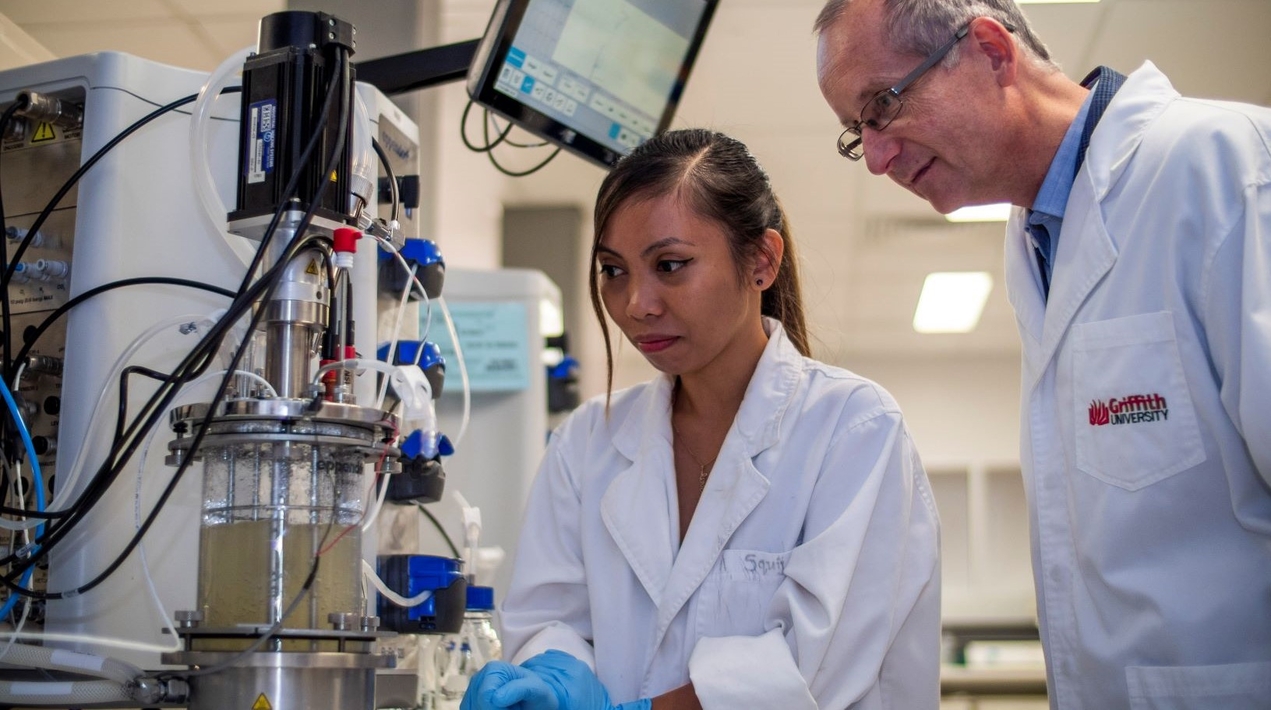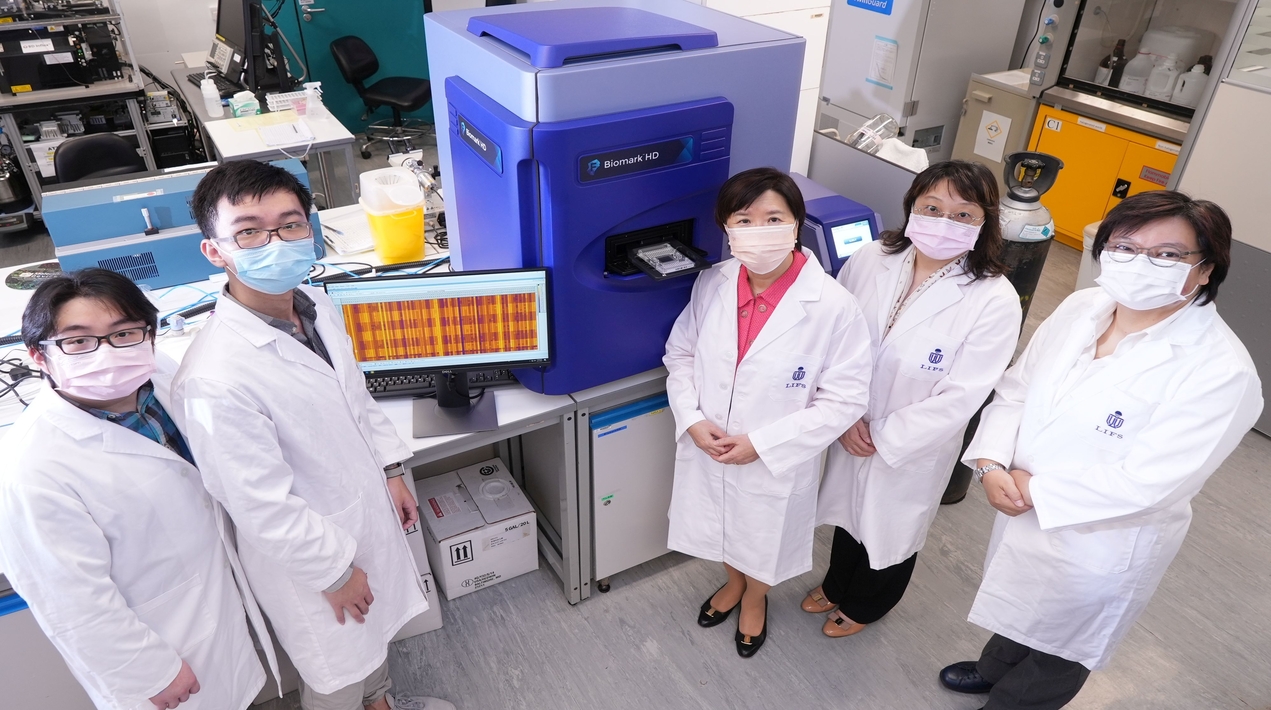World’s First AI-Embedded Secure Devices Launched in Singapore

Solid-state drive embedded with Artificial Intelligence (AI) data security guards against both remote and physical attacks and possesses extensive data security features and functionalities.
Phishing Simulator to Strengthen New Zealand’s Cybersecurity Resilience

As the number of cyber-attacks continues to rise with increased online presence because of the pandemic, more software and tools are being developed to reduce the risk of cyber-crimes.
Griffith Uni Researchers Develop Cancer Detection Tech

This method represents a diagnostic platform that can be adapted to a wider variety of protein and DNA-based biomarkers to enable the diagnosis of various diseases.
India Launches Lab to Advance Hybrid Cloud Research

The lab will create AI-based information management enabling enterprises to govern, consume, draw insights, and create value from data across a hybrid footprint of edge, cloud, and diverse data sources.
Integrating IT Solutions for Blended Learning in the Philippines

As the Philippines adapts to a blended learning approach, a software company had implemented tech solutions that could improve the effectiveness of learning outcomes in the country.
U.S. Maps Out The Migration to Post-quantum Cryptography

NIST released a draft document on how to migrate to post-quantum cryptography and laid out five implementation scenarios that aim to identify vulnerability, prioritise code replacement, and address deficiencies.
National Archives to Digitise Records and Boost Cybersecurity

The National Archives of Australia received an extra $67.7 million from the federal government to preserve irreplaceable records in a digital form and to protect vulnerable systems from cyber attacks.
Intelligent Process Automation for a Digital Workforce in New Zealand

As the world transitions to a work-from-home model, businesses are adopting intelligent process automation to help transform the way work and services are delivered.
Strengthening Corporate Cybersecurity in China

Businesses need to improve their corporate cybersecurity in China by conducting a cyber risk assessment, having multifactor authentication, creating regular backups, and developing an organisation-wide cybersecurity strategy.
HKUST Develops Blood Test for Early Detection of Alzheimers

An international research team led by HKUST has developed a simple but robust blood test for early detection and screening of Alzheimer’s disease with an accuracy level of over 96%.
Self-Driving Shuttle Service for High-Speed Rail Station in Taiwan

Taiwan will launch the self-driving electric bus shuttle service that has three features – the first self-driving commercial operation, smart collision avoidance and access to smart bus shelters.
Empowering Gender Equality Through Technology

Indonesian women face greater economic challenges than men in terms of employment opportunity which is caused by the lack of information on IT and other digital understanding.








